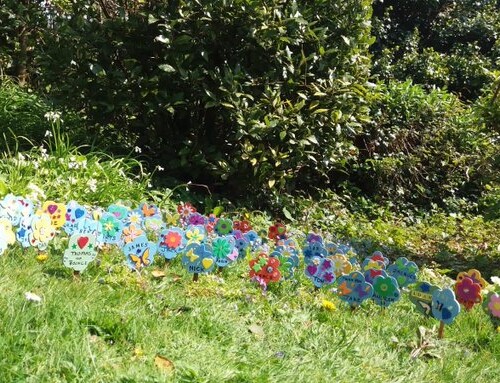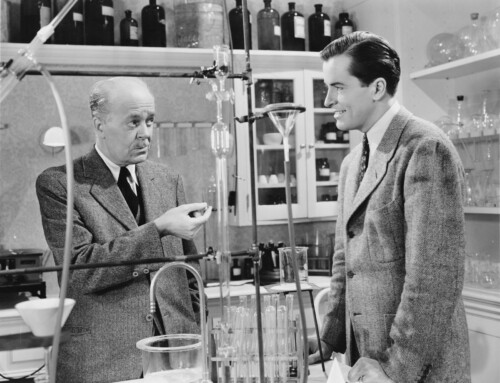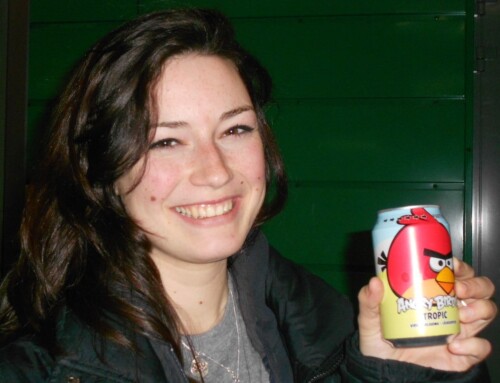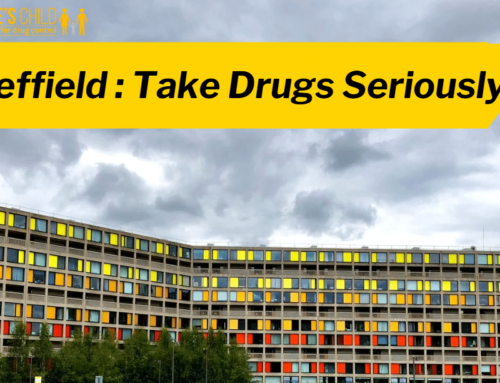To mark the Northern Ireland: Take Drugs Seriously Webinar, we are highlighting the stories of people who work in drug treatment services in the region.
Join us on Thursday 1st April at 19:00 BST to hear from more people with expertise and lived experience about why they campaign for a new approach. Register here.

Stephen
I knew so many people who have died from drug overdoses, clients I mean, that I lost count. I began to forget their names. I began to forget their faces. Maybe it was my way of protecting myself from the heartbreak and futility of it all. People who had overdosed in abandoned houses, public toilets, car parks, on the street, in a tent, in prison. People who would walk about with vacant faces and you’d think “Will they be next?”. I remember the face of every single person who I had to perform CPR on, I remember the exhaustion in my breath and the pain in between my shoulders the next day, thinking that I was simply putting off the inevitable. I got tired of that. I got angry at that. I’m still angry. They were all people. Sons and daughters and mums and dads and brothers and sisters. People who had been failed, and continue to be failed by the inaction of Government and society at large. There are cemeteries filled with the victims of that failure, and that needs to change.
Julia
For the past 12 years I have worked in substance use treatment in Northern Ireland. Listening each day to the experiences of people who are struggling with their mental health and substance use has only convinced me further that we need a radical and fresh approach to drug use and legislation in this country.
Those who use drugs and alcohol to problematic levels are often facing mental health problems, difficult life experiences and a history of trauma. In addition, those who use illicit drugs face the added challenges of stigma, judgment and criminal convictions. Working with people every day has shown me that a vital part of recovery from the impact of problematic substance use is to reconnect with relationships, the wider community and meaningful activity or employment. Being labelled as a ‘criminal’ only makes this even harder and puts barriers in the way of those trying to rebuild their lives.
As Johann Hari (author of Chasing the Scream) puts it, “the opposite of addiction is not sobriety, the opposite of addiction is connection”. When we share and discuss this idea on our treatment programme it resonates so much with people. And yet as a society we still insist on criminalizing those who use drugs and in doing so, make their recovery and re-connection almost impossible.
Mental health and substance use services in Northern Ireland are badly under-resourced and stretched, highlighted recently by the COVID-19 pandemic. What I think would make a real difference is to see funding that is currently used to police drug use redirected into education, treatment and recovery instead.
We hope that you can join us on Thursday to continue the discussion and to find out how you can be part of making change happen in Northern Ireland. Please register here.





Leave A Comment